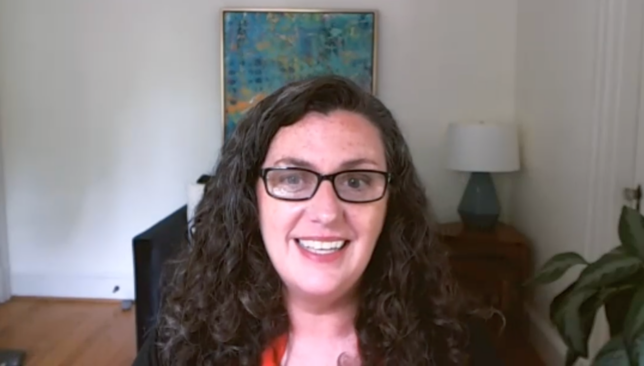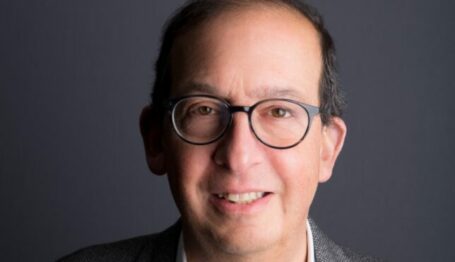Philanthropy
A Conversation with Council on Foundations President Kathleen P. Enright (Part 2 of 2)
The association executive talks to Craig Kennedy and Michael E. Hartmann about donor-advised funds, charity and politics, and the attention-getting op-ed in support of civility and pluralism in the sector that she signed with five others.
 Kathleen P. Enright, president and chief executive officer of the Council on Foundations .
Kathleen P. Enright, president and chief executive officer of the Council on Foundations .

Kathleen P. Enright became president and chief executive officer of the Council on Foundations in 2019, before which she was president and CEO of Grantmakers for Effective Organizations. Previously, Enright had been the group director of marketing and communications for BoardSource.
Led by the approachable and engaging Enright, through various programming and services for its more than 800 members, the almost 75-year-old Council on Foundations informs and guides the practice of philanthropy in America.
Enright was kind enough to join us for a recorded conversation last month. In the discussion’s first part, which is here, we talk about populism and polarization, the minimum-distribution requirement for private foundations, and foundations’ uses of donor-advised funds (DAFs).
The just more than 15-and-a-half-minute video below is the second part, during which we talk more about DAFs, charity and politics, and the recent attention-getting Chronicle of Philanthropy op-ed in support of civility and pluralism in the sector that she signed with five others.
Enright was asked whether the deductibility of contributions to a DAF should be claimed immediately, as currently under the law and Internal Revenue Service (IRS) regulations, or if and when the DAF then disburses a grant to a “working charity,” as some propose. “Legislation is sort of a blunt instrument,” she answers, “so how you sort out and do the things that you’re mentioning seems like it might have unintended consequences that we aren’t thinking of right now. … My sense is that, by and large, dollars are flowing in and out of donor-advised funds at a rapid-enough rate.”
In response to a question about how close the charitable sector should get to the political process, Enright tells us “I have been actively looking for circumstances where folks are going over lines because we want to shut [instances of] those down.” It is more that there is the suspicion “that folks are … taking money out of the wrong buckets or doing things in the wrong way,” she adds, “when that’s not the reality.”
When there is alleged wrongdoing, according to Enright, “scrutiny and regulation are a public good. And we need to invest in it, and neither the states’ AGs [attorneys general] or the IRS have had the capacity.”
As for the Chronicle op-ed in general and its call to “not question the underlying legitimacy of any foundation or philanthropist holding a particular view” in particular, Enright says, “The op-ed brought out some passionate responses, and they were on a wide spectrum. I think it shows the need for the ability to have conversations … I think that we’re working on … difficult challenges in philanthropy” and trying to meet “them could benefit from our collective wisdom. And so in this pursuit, it should be okay to disagree.”
This article originally appeared in the Giving Review on June 15, 2023.


